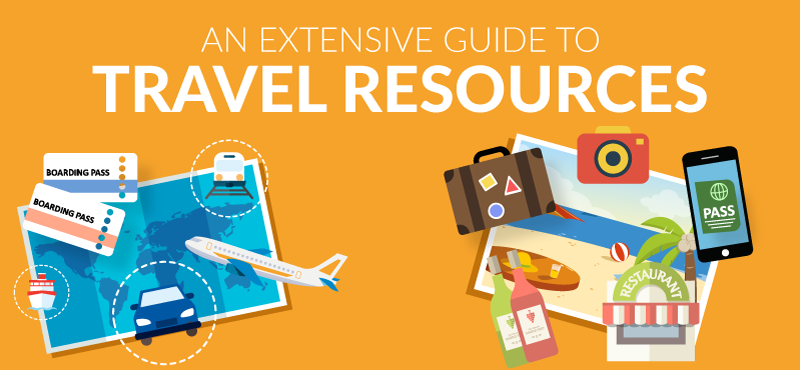Erin Miller
Erin Miller
Content Contributor
177 Published Articles
Countries Visited: 26U.S. States Visited: 28
An experienced points hacker, Erin is Alex’s partner-in-crime and contributes to Upgraded Points with in-depth guides and relationship management. Erin’s work has been cited in multiple major publicat...
Edited by: Stella Shon
Stella Shon
Senior Features Editor
284 Published Articles 1105 Edited Articles
Countries Visited: 30U.S. States Visited: 32
With a degree in media and journalism, Stella has been in the points and miles game for more than 6 years. She most recently worked as a Corporate Communications Analyst for JetBlue. Find her work in ...






![Disney Locations Beautifully Illustrated as Travel Posters [Unique Designs]](https://upgradedpoints.com/wp-content/uploads/2019/03/Disney-Movies-Reimagined-Posters.jpeg?auto=webp&disable=upscale&width=1200)

